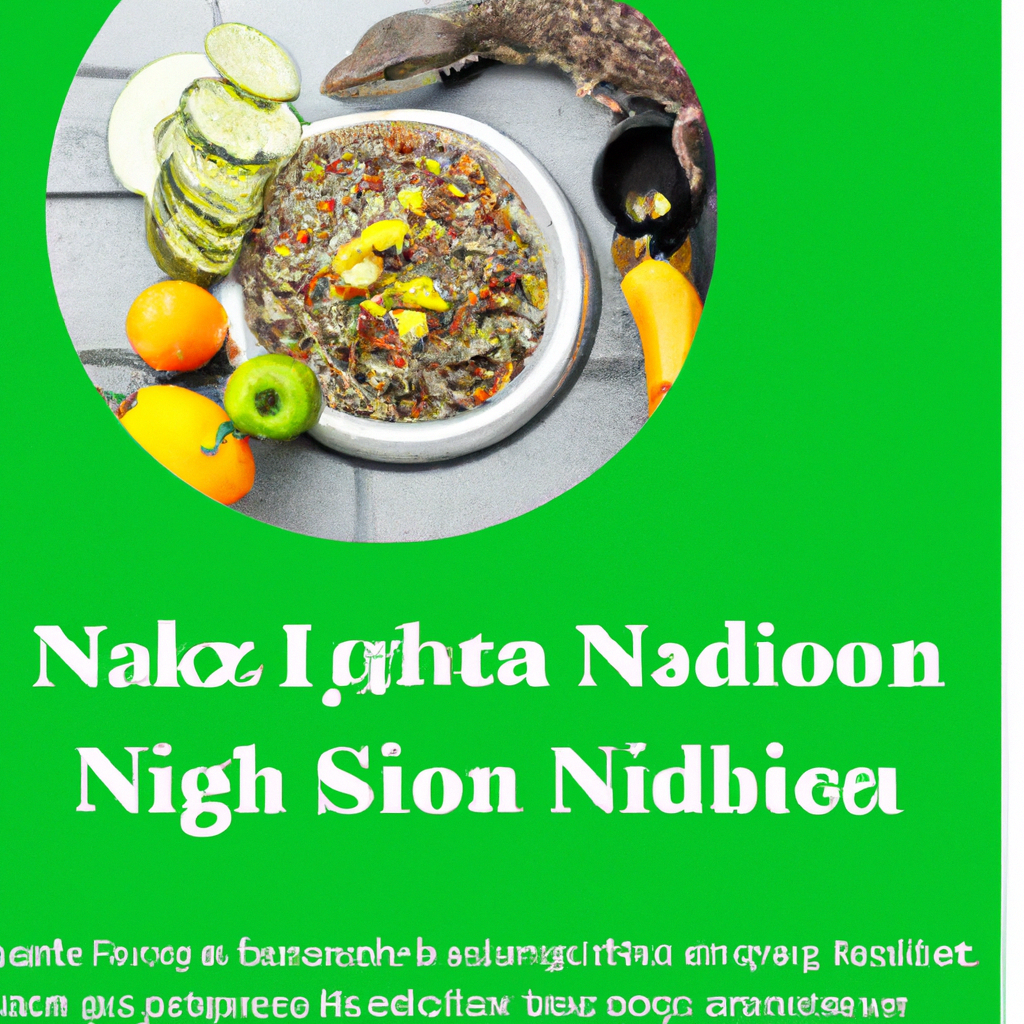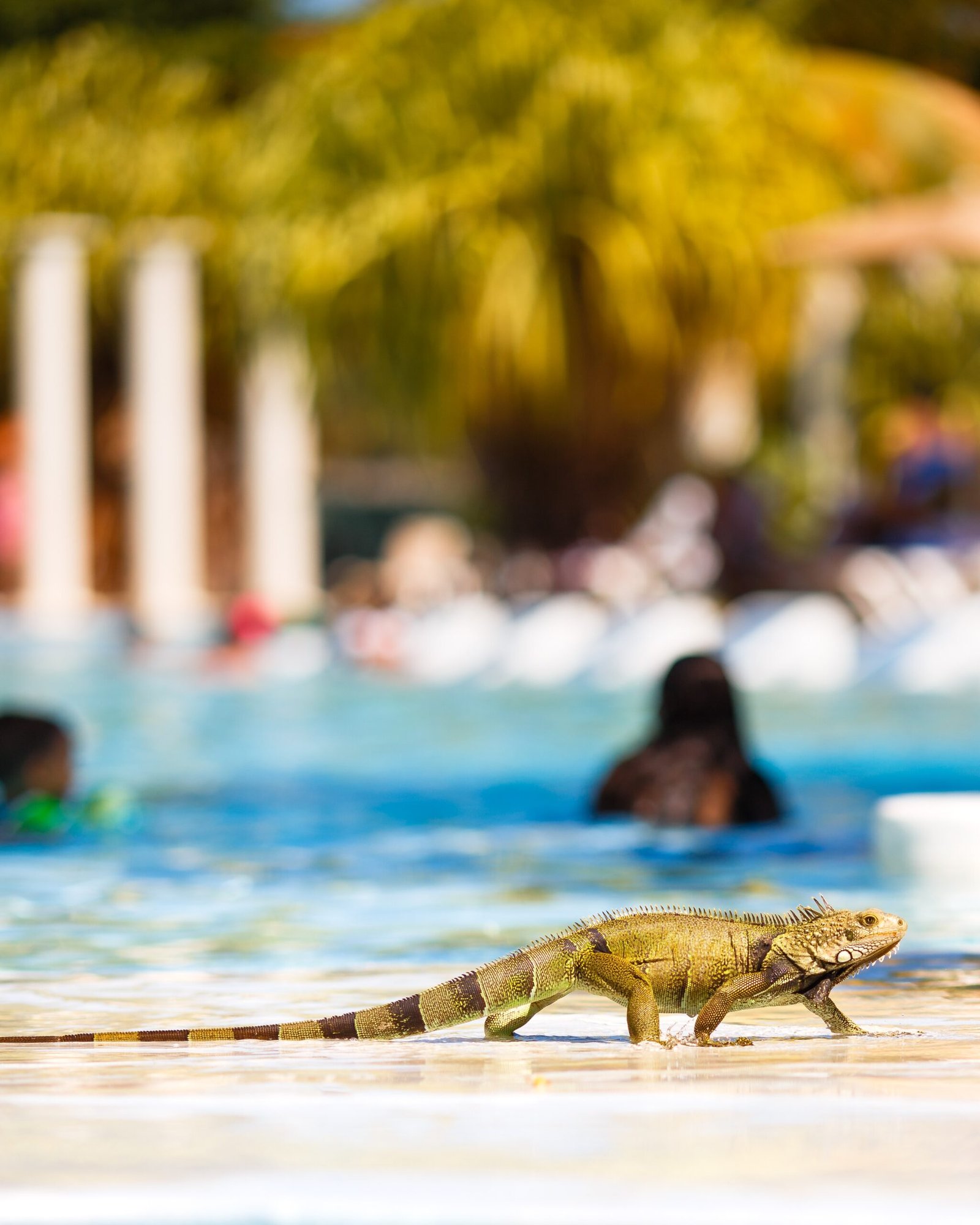Lizards, just like any other living creature, require proper nutrition to thrive. In this article, we will explore the essential nutritional needs for lizards, providing you with valuable tips on how to ensure your scaly companions stay healthy and vibrant. From understanding their dietary preferences to creating balanced meal plans, we have you covered. So, let’s dive into the world of nutritional care for lizards and unlock the secrets to keeping them happy and nourished.
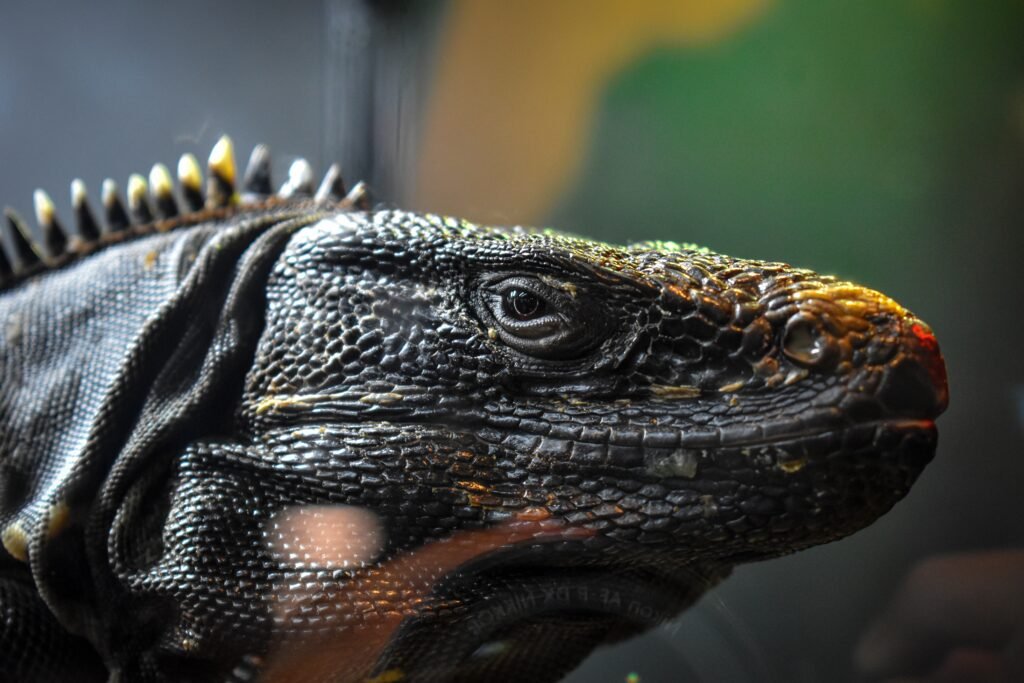
Types of lizards and their nutritional needs
Omnivorous Lizards
Omnivorous lizards, such as bearded dragons and blue-tongued skinks, have a diverse diet consisting of both plant matter and small invertebrates. Their nutritional needs are a combination of those required by herbivorous and carnivorous lizards. It is important to provide them with a balanced diet that includes a mix of fruits, vegetables, insects, and other protein sources.
Carnivorous Lizards
Carnivorous lizards, like the leopard gecko and the green anole, survive on a diet primarily composed of insects and small prey. These lizards have higher protein requirements compared to other types. It is crucial to ensure that their diet consists of appropriate prey items rich in essential nutrients to meet their dietary needs.
Herbivorous Lizards
Herbivorous lizards, such as iguanas and tortoises, mainly consume plant material. They require a high-fiber diet rich in leafy greens and vegetables. Meeting their calcium and vitamin D requirements is also crucial, as herbivorous lizards are prone to nutritional deficiencies.
Main elements of a balanced diet for lizards
Protein
Protein is an essential component of a lizard’s diet, regardless of its specific dietary requirements. It is particularly important for carnivorous and omnivorous lizards. Insects, small prey, or commercially available reptile-specific protein sources can provide the necessary protein.
Vitamins and minerals
Lizards need a range of vitamins and minerals to maintain optimal health. These include calcium, vitamin D, vitamin A, and other essential nutrients. Providing a varied diet with a selection of fruits, vegetables, and dietary supplements can help meet these requirements.
Fiber
Fiber is crucial for herbivorous lizards, as it aids digestion and helps maintain a healthy gut. Leafy greens, vegetables, and other high-fiber plant materials should be included in their daily diet.
Water
Proper hydration is essential for all lizards. Water should be provided in a shallow dish or through misting the enclosure. Some lizards may also obtain hydration from the food they consume, but a separate water source should always be available.
Feeding frequency and portion sizes
Frequency of feeding
The frequency of feeding depends on the age and species of the lizard. Generally, juvenile lizards require more regular meals, while adult lizards can be fed less frequently. Most lizards can be fed every day or every other day, while some may only require feeding two to three times a week. Consult a reptile-specific veterinarian or do thorough research to determine the ideal feeding schedule for your lizard.
Portion sizes
Portion sizes for lizards will vary depending on their size and age. A good rule of thumb is to offer food portions that are no larger than the space between the lizard’s eyes. This ensures that the prey or plant material is appropriately sized for the lizard to swallow without causing any choking hazards.
Common nutritional deficiencies in lizards
Calcium deficiency
Calcium deficiency is a common issue among lizards, particularly herbivorous species. It can lead to metabolic bone disease and other skeletal problems. To prevent calcium deficiency, it is essential to provide a calcium-rich diet along with proper vitamin D supplementation.
Vitamin D deficiency
Vitamin D deficiency often occurs alongside calcium deficiency. Lizards require vitamin D to absorb calcium properly. Insufficient exposure to natural sunlight or inadequate dietary supplementation can lead to vitamin D deficiency. UVB lighting and vitamin D supplements can help prevent this deficiency.
Protein deficiency
Protein deficiency can occur in lizards that are not given an adequate amount of protein-rich food. Malnutrition, poor diet, or a lack of variety can contribute to this deficiency. It is important to provide a balanced mix of protein sources to prevent any protein-related deficiencies.
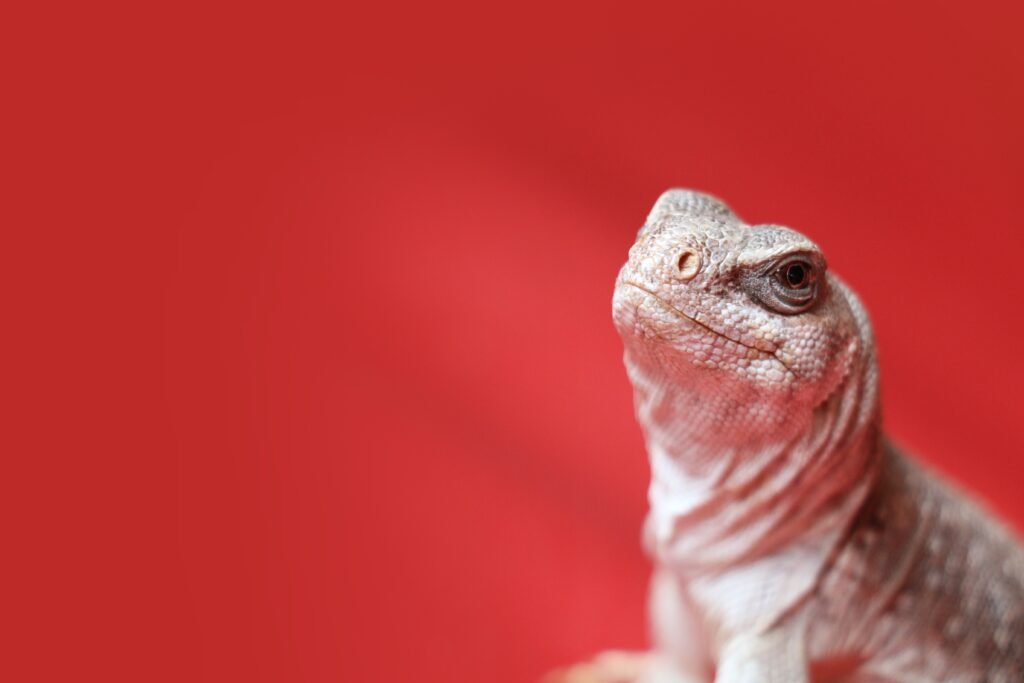
Sources of nutrition for lizards
Insects and small prey
For carnivorous and omnivorous lizards, insects and small prey items are essential sources of nutrition. These can include crickets, mealworms, cockroaches, and other insects that are safe and appropriate for the specific lizard species. Offering a variety of prey items ensures a well-rounded diet and prevents nutritional imbalances.
Vegetables and fruits
For herbivorous and omnivorous lizards, a range of vegetables and fruits should be included in their diet. Leafy greens such as collard greens, kale, and dandelion greens are excellent sources of essential nutrients. Fruits such as berries, apples, and melons can also be offered as occasional treats.
Supplements
To ensure that lizards receive all the necessary vitamins and minerals, dietary supplements specifically formulated for reptiles can be added to their diet. These supplements usually come in powdered form and can be dusted on insects or mixed with fruits and vegetables. However, it is important to remember that supplements should not replace a well-balanced and varied diet.
Gut-loading and dusting
What is gut-loading?
Gut-loading refers to the practice of feeding insects a nutritious and balanced diet before offering them to lizards. This ensures that the prey items are nutritionally enriched and provide optimal nutrition to the lizard when consumed.
Why is gut-loading important?
Gut-loading is crucial because it enhances the nutritional value of the insects consumed by lizards. Lizards rely on a diverse prey item diet, and by gut-loading insects, keepers can ensure that their lizards receive a well-balanced nutritional intake.
What is dusting?
Dusting refers to the process of coating insects or plant material with a powdered mineral and vitamin supplement before feeding them to lizards. The lizard will ingest the supplement along with its food, helping to prevent nutritional deficiencies.
When and how to dust food?
The frequency of dusting varies depending on the lizard’s species and its specific dietary requirements. Typically, dusting should be done two to three times a week for carnivorous and omnivorous lizards, and daily for herbivorous lizards. Dusting can be accomplished by placing the insects or plant material in a bag or container with the supplement powder and gently shaking to coat them evenly.
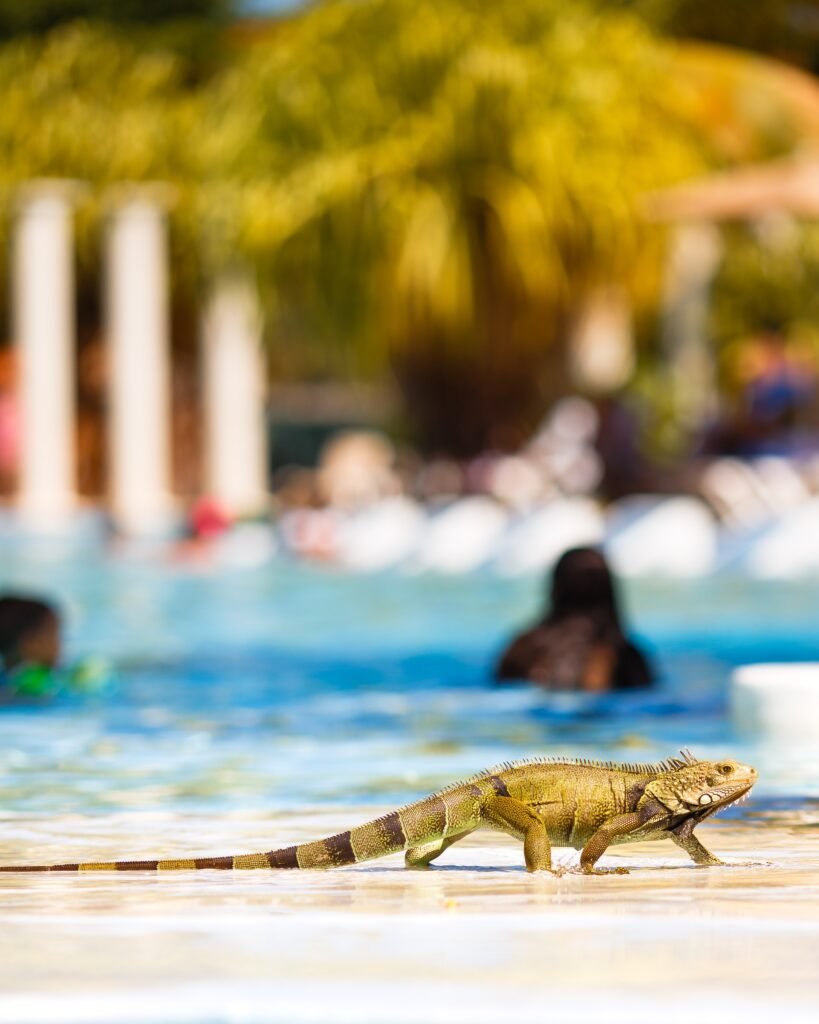
Temperature and digestion
Importance of temperature
Temperature plays a crucial role in a lizard’s ability to properly digest its food. Lizards are ectothermic, meaning they rely on external heat sources to regulate their body temperature. The correct temperature range is essential to ensure efficient digestion.
Digestive process and temperature
Lizards are unable to digest their food properly if the temperature is too low. Digestive enzymes are temperature-dependent, and if the environment is too cool, the lizard’s ability to break down and absorb nutrients from its food may be compromised.
Optimal temperature range for digestion
The optimal temperature range for digestion varies between lizard species, but it generally falls between 85°F and 95°F (29°C to 35°C). Providing a thermal gradient within the enclosure allows the lizard to self-regulate its body temperature and choose the appropriate spot for digestion.
Hydration and water sources
Water requirements for lizards
All lizards require access to fresh water to stay hydrated. The amount of water a lizard needs will depend on its size, species, and environmental conditions. Some lizards prefer to drink from shallow dishes, while others might drink droplets of water from leaves or other surfaces.
Providing water sources
To ensure proper hydration, it is important to provide lizards with a clean and easily accessible water source. This can be a shallow dish that is shallow enough for the lizard to climb in and out of without risk of drowning. The dish should be cleaned regularly to prevent bacterial growth.
Methods to encourage hydration
Some lizards may require encouragement to drink water, especially if they are not used to a water dish. Misting the enclosure with water can simulate rainfall and encourage lizards to lick droplets off leaves or other surfaces. Additionally, offering water-rich fruits and vegetables can also provide hydration.
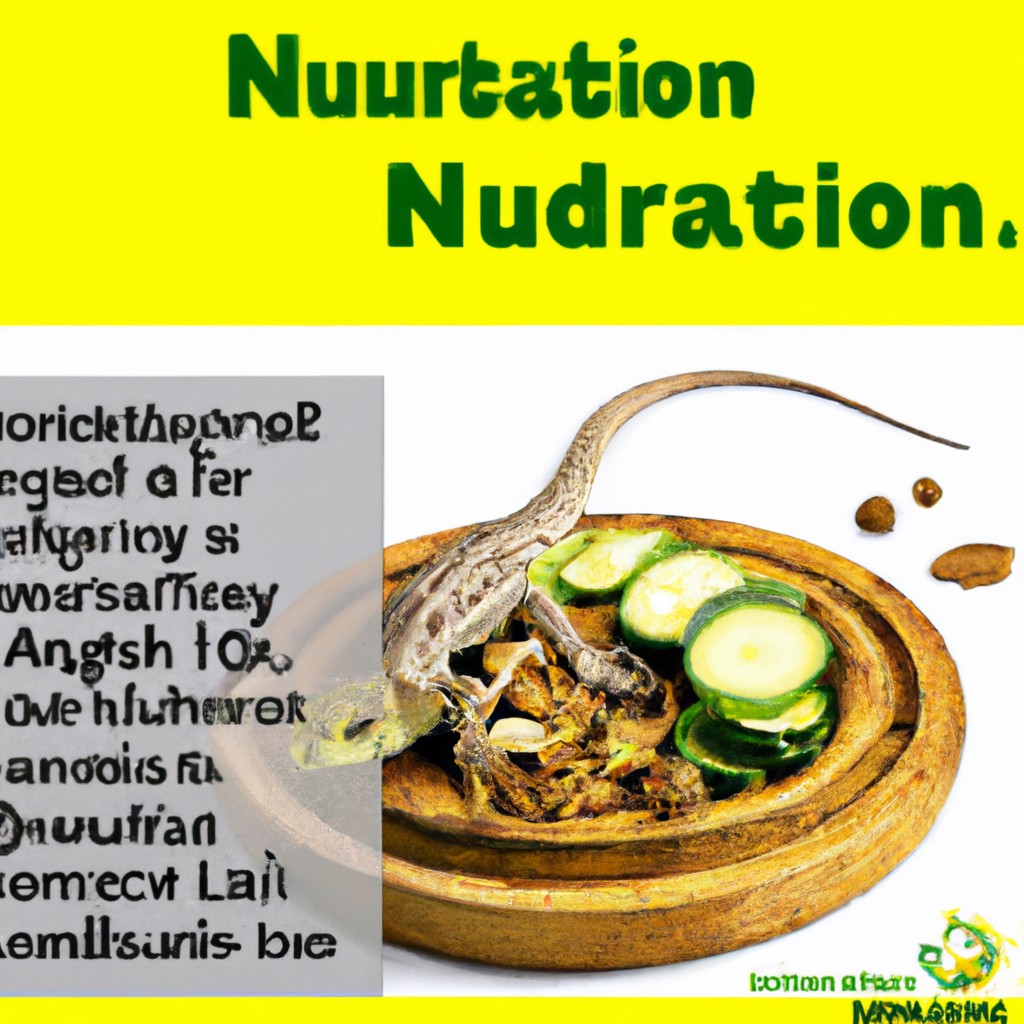
Signs of malnutrition in lizards
Weight loss or gain
Significant weight loss or gain can indicate a nutritional imbalance or deficiency. Lizards should maintain a healthy weight to ensure overall well-being. Regular weigh-ins and monitoring can help identify any potential issues.
Dull or discolored skin
Dull or discolored skin is often a sign of poor nutrition in lizards. A healthy, well-nourished lizard will display vibrant and healthy skin coloration. Any changes in skin appearance should be monitored and addressed accordingly.
Lethargy
Lethargy and decreased activity can be a symptom of nutritional deficiencies. Lizards may become less active or show reduced interest in their surroundings when they are not receiving adequate nutrients.
Bone deformities
Nutritional deficiencies, particularly calcium deficiency, can lead to bone deformities in lizards. These deformities may manifest as crooked limbs, softening of the bones, or abnormal growth patterns. Seeking veterinary attention is crucial if any bone deformities are noticed.
Reproductive issues
Malnutrition can lead to reproductive issues in lizards, such as egg binding or infertility. Adequate nutrition is essential for lizards’ reproductive health, and any concerns should be addressed by a reptile veterinarian.
Consulting a veterinarian
When to consult a veterinarian
It is advisable to consult a reptile veterinarian if you notice any signs of malnutrition, if you are unsure about your lizard’s dietary requirements, or if you need guidance in providing a well-balanced diet. Regular veterinary check-ups are also essential to monitor the lizard’s overall health and address any potential nutritional concerns promptly.
Choosing a reptile veterinarian
When selecting a reptile veterinarian, it is important to find one with experience and expertise in working with lizards. Reptile-specific veterinarians will have a deeper understanding of their unique needs and potential nutritional issues.
Importance of regular check-ups
Regular check-ups with a reptile veterinarian are crucial for maintaining the health and well-being of your lizard. These visits allow for early detection and prevention of nutritional deficiencies or other health issues. By working closely with a knowledgeable veterinarian, you can ensure that your lizard receives the best possible care and nutrition.
